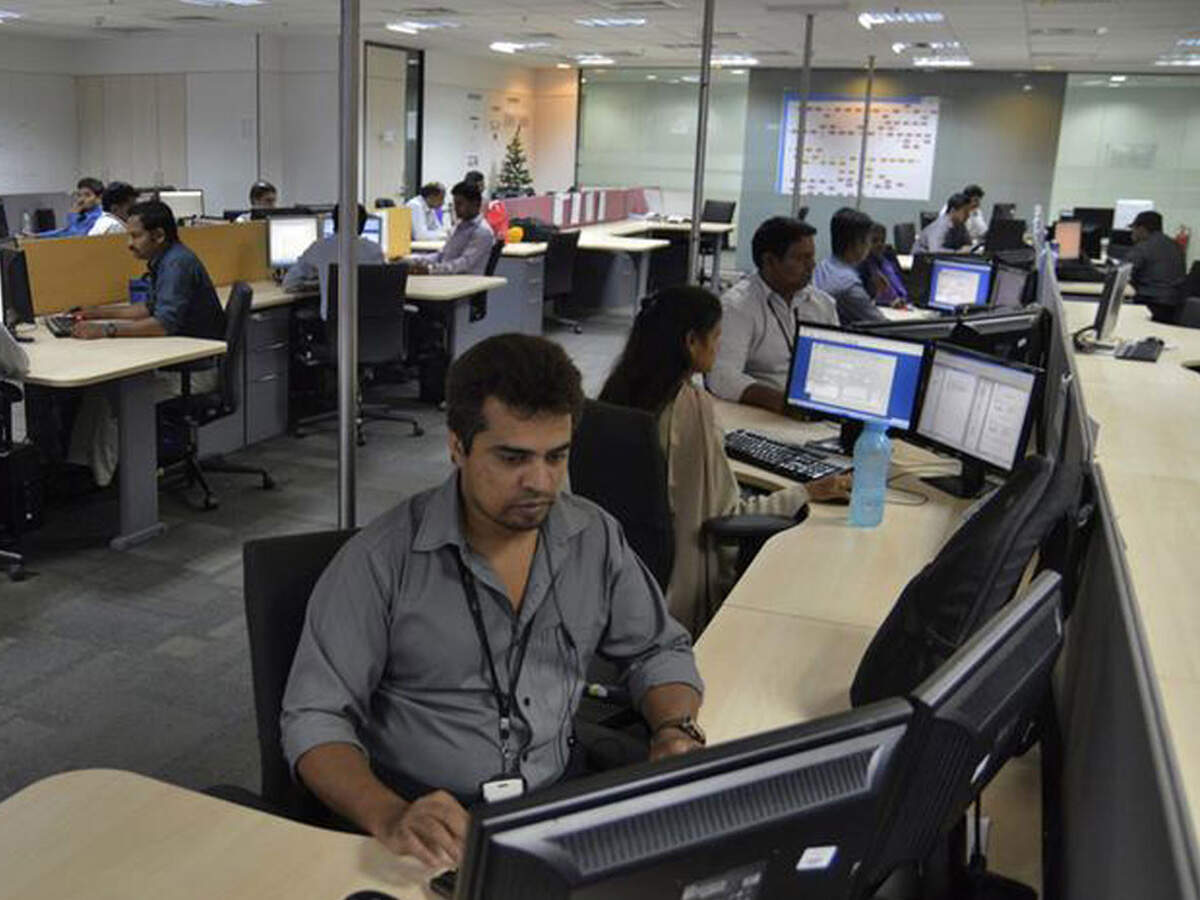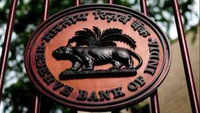Interest-free loans on Kisan Credit Cards in this Budget?
Highlights
- The Kisan Credit Cards scheme, introduced in 1998, helps farmers avail credits from banks for purchase of seeds, fertilisers, pesticides and other production needs
- The government currently provides interest subvention of 2% and prompt repayment incentive of 3% to farmers, making the credit available to them at 4% per annum
 (Representative image)
(Representative image)NEW DELHI: The government’s intent to invest Rs 25 lakh crore to improve productivity of farm sector highlighted by President Ram Nath Kovind in his address to the joint sitting of Parliament on Thursday, was in sync with the BJP’s election manifesto which promises infusion of the amount in the coming years as part of the government’s effort to double farmers’ income by 2022. The party’s other promise, relating to interest-free loan on Kisan Credit Cards, may find a place in the Union Budget on July 5.
The massive expenditure, officials in agriculture ministry said, would be earmarked for various ongoing schemes and the proposed ones by the inter-ministerial committee on Doubling Farmers’ Income (DFI) which suggested 13 specific action points for reforms in the farm and allied sectors.
These 13 points include developing agricultural logistics system for post-production operations such as produce aggregation, transportation and warehousing; agri-market intelligence system to help farmers take demand driven decision; farmer-centric marketing infrastructure in rural areas and development of irrigation and micro-irrigation networks across the country.
These are, however, the long and medium-term goals. The ministry has, meanwhile, stepped up efforts to speed up its ongoing programmes in a time-bound manner as part of its 100-day plan.
Besides asking states to share verified list of potential beneficiaries under PM-Kisan (assured income support scheme) by July 31, the ministry had last week also asked them to launch village-wise or bank-wise drive to bring minimum 1 crore farmers under Kisan Credit Cards (KCCs) scheme in the next 100 days.
“The move will help the government in implementing interest-free KCC loan up to a certain amount for a specific period on condition of prompt repayment,” said an official, hinting that the announcement to this effect may be made in the upcoming budget by the new government on July 5.
The BJP in its poll manifesto promised short-term new agriculture loan up to Rs 1 lakh at 0% interest rate for 1-5 years on the condition of prompt repayment of the principal amount.
“There is a need to increase the KCC footprints for such a scheme to get wider coverage. Its penetration is currently limited to only 6.95 crore farmers against 14.5 crore operational landholdings in the country,” said an official.
The KCC scheme, introduced in 1998, helps farmers avail credits from banks for purchase of seeds, fertilisers, pesticides and other production needs. The government currently provides interest subvention of 2% and prompt repayment incentive of 3% to farmers, making the credit available to them at 4% per annum.
In a review meeting on the scheme last week, Gujarat, Maharashtra, Uttar Pradesh, Chhattisgarh, West Bengal, Bihar, Jharkhand, Himachal Pradesh, Jammu & Kashmir and north-eastern states had been identified where KCC penetration was found to be poor as compared to Madhya Pradesh, Rajasthan and southern states.
“In order to increase the KCC footprints, the Indian Banks Association had recently issued an advisory to all banks asking them to waive off processing, documentation, inspection, ledger folio charges and all other service charges for cards and crop loans up to Rs 3 lakh — a move which may save an estimated Rs 2,000 to Rs 5,000 of farmer who applies for KCC,” said another official.
The massive expenditure, officials in agriculture ministry said, would be earmarked for various ongoing schemes and the proposed ones by the inter-ministerial committee on Doubling Farmers’ Income (DFI) which suggested 13 specific action points for reforms in the farm and allied sectors.
These 13 points include developing agricultural logistics system for post-production operations such as produce aggregation, transportation and warehousing; agri-market intelligence system to help farmers take demand driven decision; farmer-centric marketing infrastructure in rural areas and development of irrigation and micro-irrigation networks across the country.
These are, however, the long and medium-term goals. The ministry has, meanwhile, stepped up efforts to speed up its ongoing programmes in a time-bound manner as part of its 100-day plan.
Besides asking states to share verified list of potential beneficiaries under PM-Kisan (assured income support scheme) by July 31, the ministry had last week also asked them to launch village-wise or bank-wise drive to bring minimum 1 crore farmers under Kisan Credit Cards (KCCs) scheme in the next 100 days.
“The move will help the government in implementing interest-free KCC loan up to a certain amount for a specific period on condition of prompt repayment,” said an official, hinting that the announcement to this effect may be made in the upcoming budget by the new government on July 5.
The BJP in its poll manifesto promised short-term new agriculture loan up to Rs 1 lakh at 0% interest rate for 1-5 years on the condition of prompt repayment of the principal amount.
“There is a need to increase the KCC footprints for such a scheme to get wider coverage. Its penetration is currently limited to only 6.95 crore farmers against 14.5 crore operational landholdings in the country,” said an official.
The KCC scheme, introduced in 1998, helps farmers avail credits from banks for purchase of seeds, fertilisers, pesticides and other production needs. The government currently provides interest subvention of 2% and prompt repayment incentive of 3% to farmers, making the credit available to them at 4% per annum.
In a review meeting on the scheme last week, Gujarat, Maharashtra, Uttar Pradesh, Chhattisgarh, West Bengal, Bihar, Jharkhand, Himachal Pradesh, Jammu & Kashmir and north-eastern states had been identified where KCC penetration was found to be poor as compared to Madhya Pradesh, Rajasthan and southern states.
“In order to increase the KCC footprints, the Indian Banks Association had recently issued an advisory to all banks asking them to waive off processing, documentation, inspection, ledger folio charges and all other service charges for cards and crop loans up to Rs 3 lakh — a move which may save an estimated Rs 2,000 to Rs 5,000 of farmer who applies for KCC,” said another official.
Download The Times of India News App for Latest Business News.







































All Comments ()+^ Back to Top
Refrain from posting comments that are obscene, defamatory or inflammatory, and do not indulge in personal attacks, name calling or inciting hatred against any community. Help us delete comments that do not follow these guidelines by marking them offensive. Let's work together to keep the conversation civil.
HIDE